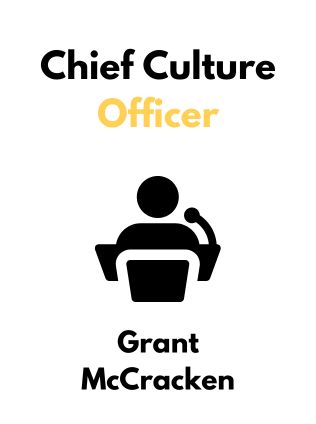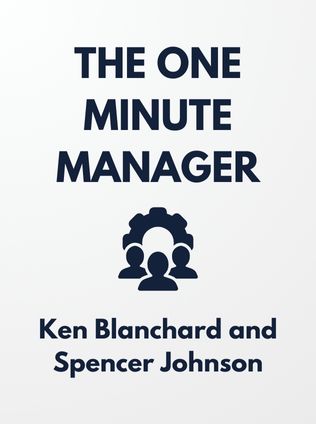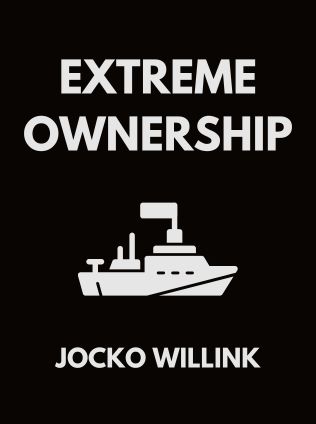
Chief Culture Officer
How to Create a Living, Breathing Corporation
By Grant McCracken
Published 12/2009
About the Author
Grant McCracken is a distinguished anthropologist and a research affiliate at C3 at MIT. He earned his Ph.D. in anthropology from the University of Chicago and has been the founding director of the Institute of Contemporary Culture. McCracken has taught at prestigious institutions such as Cambridge University, McGill University, and the Harvard Business School. His expertise lies in understanding culture and its profound impact on the corporate world. McCracken's insights are invaluable for corporations seeking to navigate the complex and ever-evolving cultural landscape.
Main Idea
"Chief Culture Officer: How to Create a Living, Breathing Corporation" by Grant McCracken posits that corporations need a Chief Culture Officer (CCO) to stay attuned to cultural trends and dynamics. This role is crucial for identifying opportunities, avoiding pitfalls, and fostering innovation. McCracken argues that understanding both fast and slow culture is essential for companies to thrive in the 21st century. By embedding cultural expertise within the executive suite, companies can anticipate changes and adapt proactively.
Table of Contents
- Introduction
- Why Culture Matters
- Getting Past Guru: Being Steve Jobs
- Stealth CCOs
- Culture Fast and Slow
- Status and Cool
- Producers and Consumers
- Marketing Is Changing
- Building a Secret Sneaker Store
- How-To
- Philistines
- Conclusion
Introduction
Levi Strauss & Co. missed a billion-dollar opportunity by failing to recognize the hip-hop trend and the lucrative market it represented. This oversight highlights a significant issue faced by many corporations: the lack of a systematic approach to understanding and integrating cultural trends. McCracken advocates for the creation of a Chief Culture Officer (CCO) to bridge this gap, ensuring companies can navigate cultural changes effectively and leverage them for growth.
Why Culture Matters
Culture is a crucial source of competitive advantage, innovation, and opportunity. Companies like The Four Seasons, Patagonia, Starbucks, Nike, Red Bull, Target, and Method Soap have successfully tapped into cultural trends to create value. Without a deep understanding of culture, companies risk being blindsided by shifts in consumer preferences and societal changes.
"Culture matters for reasons good and bad. First, it is the place to discover advantage, opportunity and innovation. Second, culture is the breeding ground for cataclysmic change, a North Sea out of which commotion constantly storms." - Grant McCracken
Understanding culture enables companies to anticipate and respond to these changes proactively, rather than reacting to them after the fact. The role of the CCO is to develop a comprehensive understanding of both fast and slow culture, allowing the company to remain agile and responsive in a constantly evolving environment.
Getting Past Guru: Being Steve Jobs
Steve Jobs is often seen as a unique visionary who had an unparalleled ability to navigate cultural trends. However, McCracken argues that with a systematic approach to culture, many could replicate Jobs' success. The "cult of personality" that surrounds figures like Jobs can be limiting, creating a dependency on individual visionaries rather than fostering a broader cultural competence within the organization.
Sign up for FREE and get access to 1,400+ books summaries.
You May Also Like
The Lean Startup
How Today's Entrepreneurs Use Continuous Innovation to Create Radically Successful Businesses
By Eric RiesWho Moved My Cheese?
An Amazing Way to Deal with Change in Your Work and in Your Life
By Spencer Johnson, M.D.Make Your Bed
Little Things That Can Change Your Life...And Maybe the World
By William H. McRavenThe Ride of a Lifetime
Lessons Learned from 15 Years as CEO of the Walt Disney Company
By Robert IgerThe Hard Thing About Hard Things
Building a Business When There Are No Easy Answers
By Ben Horowitz



















